The Land of Fire & Ice by Jim Hill
Iceland has become one of the most appealing travel destinations for whimsical outdoor adventure and exploration in the last decade. And it’s no wonder, due to its jaw-dropping natural landscapes, mesmerizing nature, unique history, and kind people. Though over-tourism has been an issue to be aware of in Iceland, one way to combat this is by visiting Iceland in the off-season and shoulder-season.
That’s why you should consider visiting Iceland in October. Since this time of year is considered the shoulder season, there are fewer crowds AND less expensive prices. Plus, this is an ideal time of year for moderate weather AND a once-in-a-lifetime chance to see the Northern lights.
Here is everything you need to know before visiting Iceland in October:
Ice Peaks by Jim Hill
Weather in Iceland in October
Aside from fewer crowds and less expensive prices, the best thing about visiting Iceland in October is the weather. Day to day it will vary from sunshine, rain, and snow. Temperatures will hang between 35 and 50 degrees F in the month of October. There is daylight from about 8 a.m. to 4 p.m., so that leaves plenty of daylight for activities!
Iceland’s glaciers by Jim Hill
What to See in the South Coast of Iceland
The South Coast of Iceland is one of the most-visited parts of the country for its massive waterfalls, black sand beaches, volcanos, and glaciers. The coast goes from the capital’s greater area in the west to the Jökulsárlón glacier lagoon in the east. Geologically, the area is considered young because it formed from the lava flows of various volcanoes during the last Ice Age. As for its wildlife, the South has a vigorous and lively bird and life.
Reykjavik Streets by Ashley Blake
What to do in Reykjavik
Apart from the diverse weather, rich culture, vibrant art and design district, top notch restaurants, and contemporary museums, visiting Reykjavik in the fall season also has the benefit of being more affordable. As the 14th most expensive city in the world and the sixth most expensive city in Europe to live in, getting to explore it in the less active months is the best option to save on hotel expenses, transportation, and even tourist activities.
Ashley in Iceland by Jim Hill
What to Wear in Iceland in October
Taking into consideration the fast-changing weather conditions in Iceland during the month of October, the best advice is to pack layers. Bring thermal socks, long-sleeve shirts, pants, hats, and gloves. For windy and rainy weather, bring warm waterproof jackets and trousers, as well as fleece tops that are warm and dry quickly if they get wet. Do not forget a good pair of shoes that are waterproof and have a good tread, as well as a comfortable swimsuit for the hot springs and geothermal pools or tubs. You can read this post here for more packing tips for Iceland.
Icelandic Northern Lights in October
The Northern Lights are one of the most mystical natural attractions that Iceland has to offer. Also known as aurora borealis, this astronomical phenomenon consists of colored shafts of light visible in the dark night sky of the northern hemisphere of Earth.
Reynisfjara Black Sand Beach by Jim Hill
Sturlureykir Horse Farm by Jim Hill
Scientifically speaking, the origin of the aurora borealis happens when the sun’s energy emits clouds of gas from its surface. These colorful shades are visible only when they reach the Earth’s magnetic fields. These Northern Lights give Earth a long and colorful magnet tail that stretches for miles and miles, like a comet.
Although seeing the northern lights in the month of October isn't guaranteed, there is a better chance of seeing them than during the summer months. Evidently, the darker the night, the higher the chance of seeing them. Consider heading towards the countryside for more darkness and less light pollution. It is important to keep in mind that it might take you a couple of tries to properly get to see them, but don't get discouraged, some of the best things to witness take time, patience, and perseverance. They are a unique phenomenon worth the wait, and also why we like to take a Slow Travel approach on our Iceland itinerary! We get out in the countryside for several nights for the best chances of seeing the Northern Lights.
Join us on a small group Iceland trip in October
If you’re considering visiting Iceland in October, join us on our small group trip to Iceland in October. Our itinerary includes the best of the land of fire and ice, including waterfalls, black sand beaches, volcano explorations, Northern Lights viewings, and more!




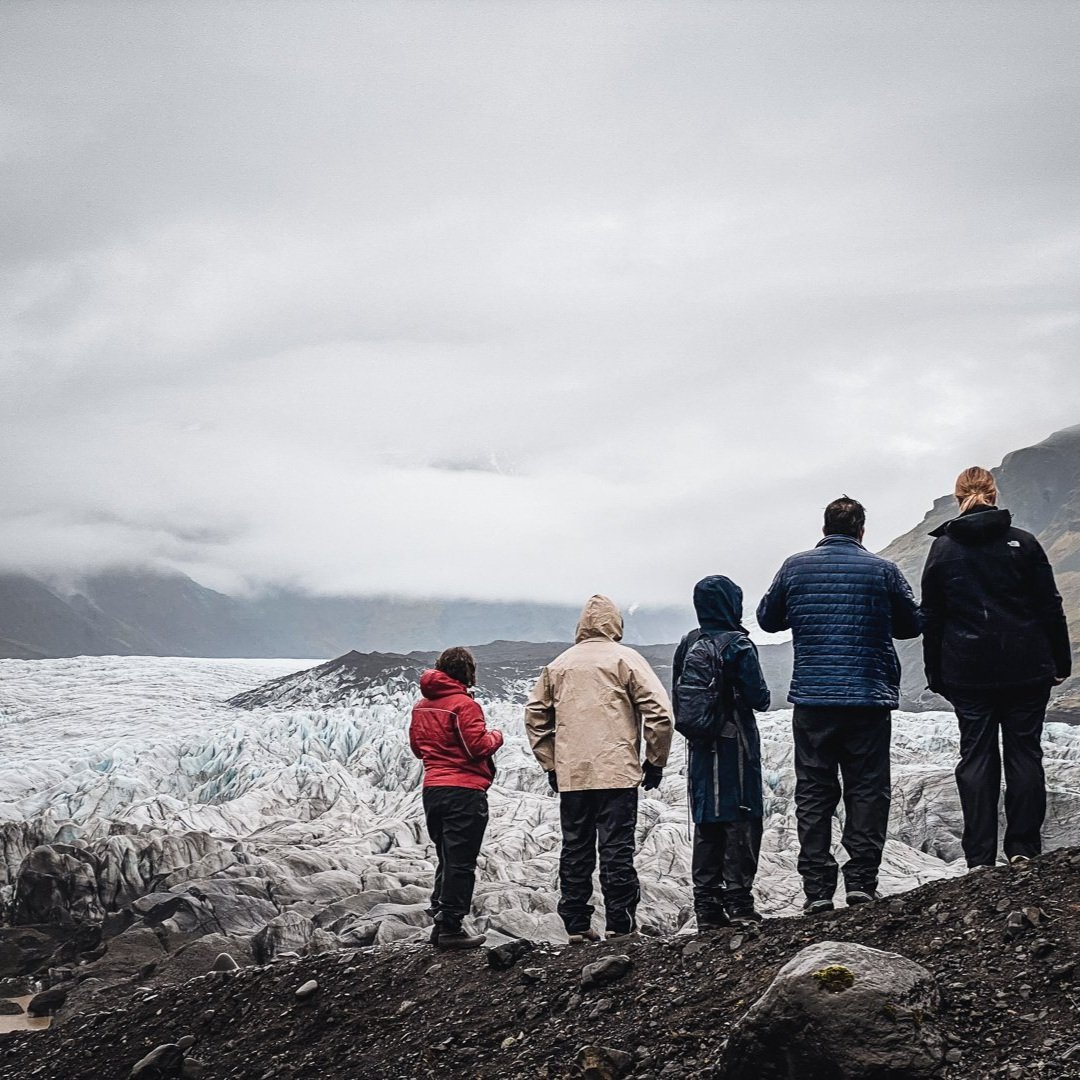






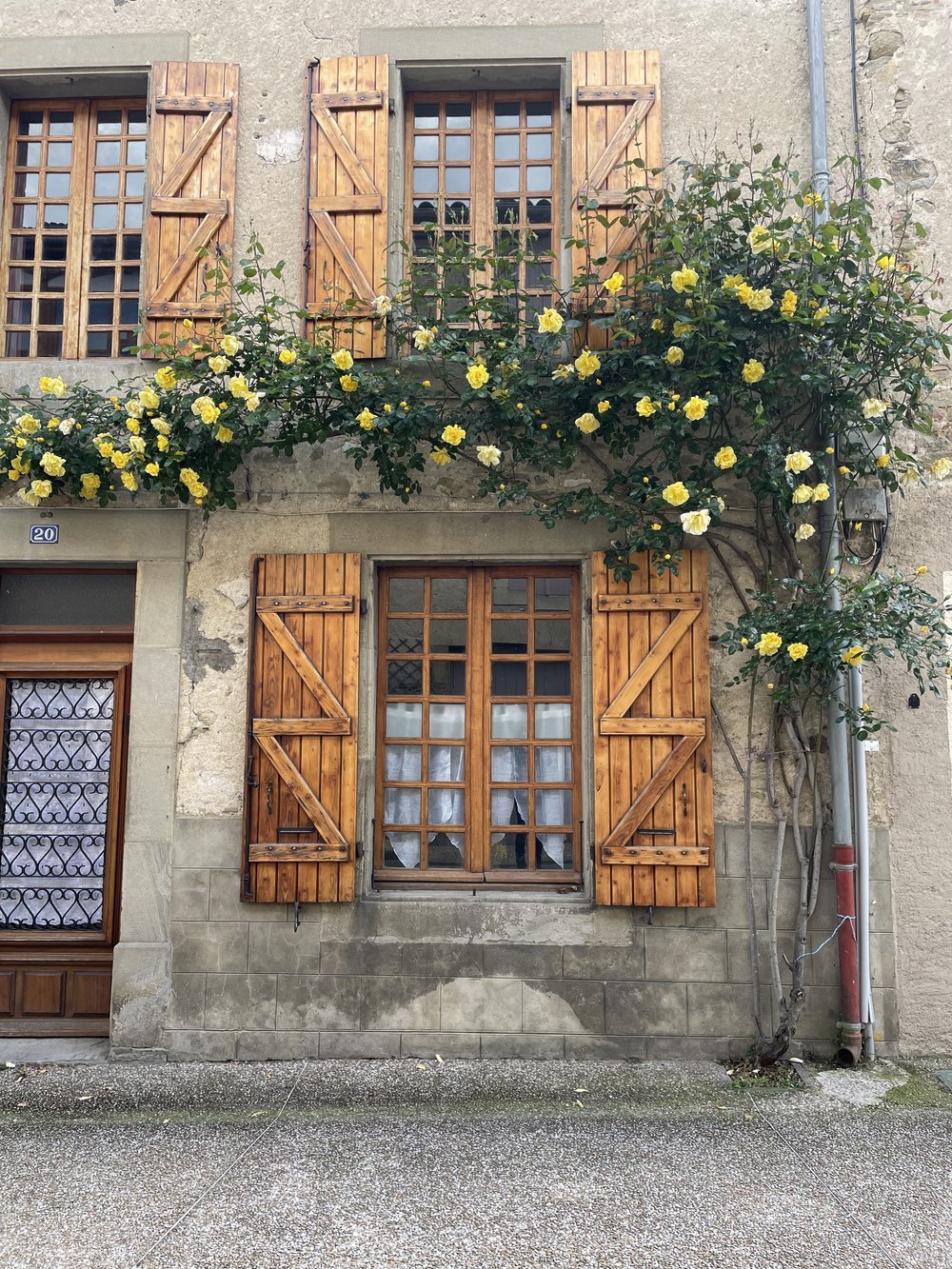

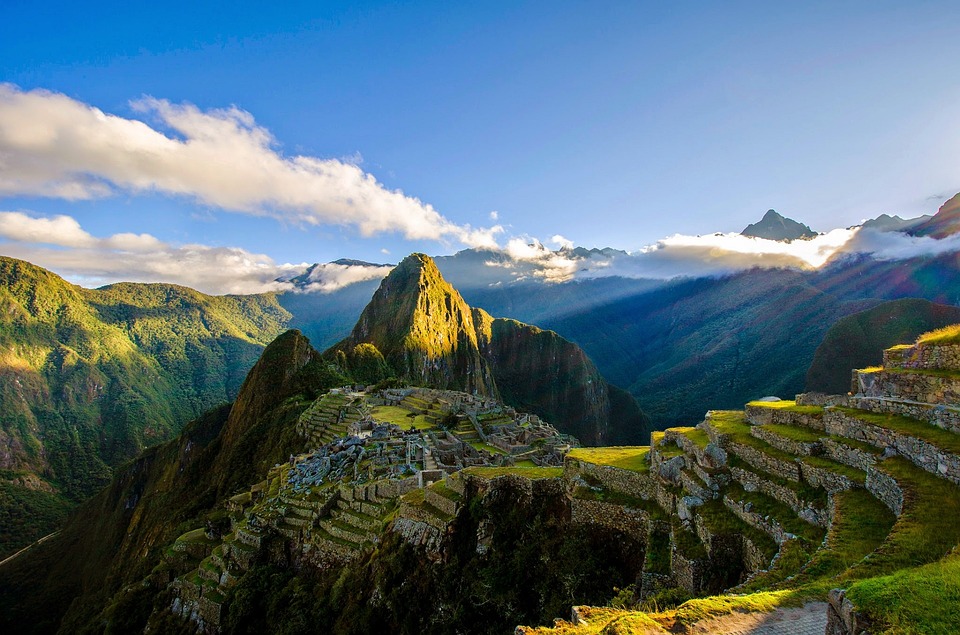

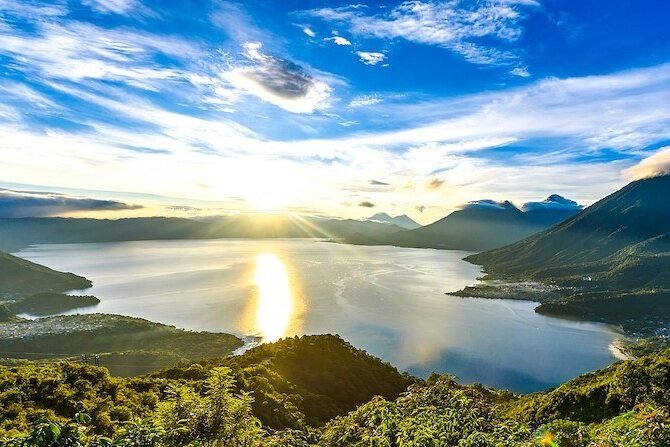
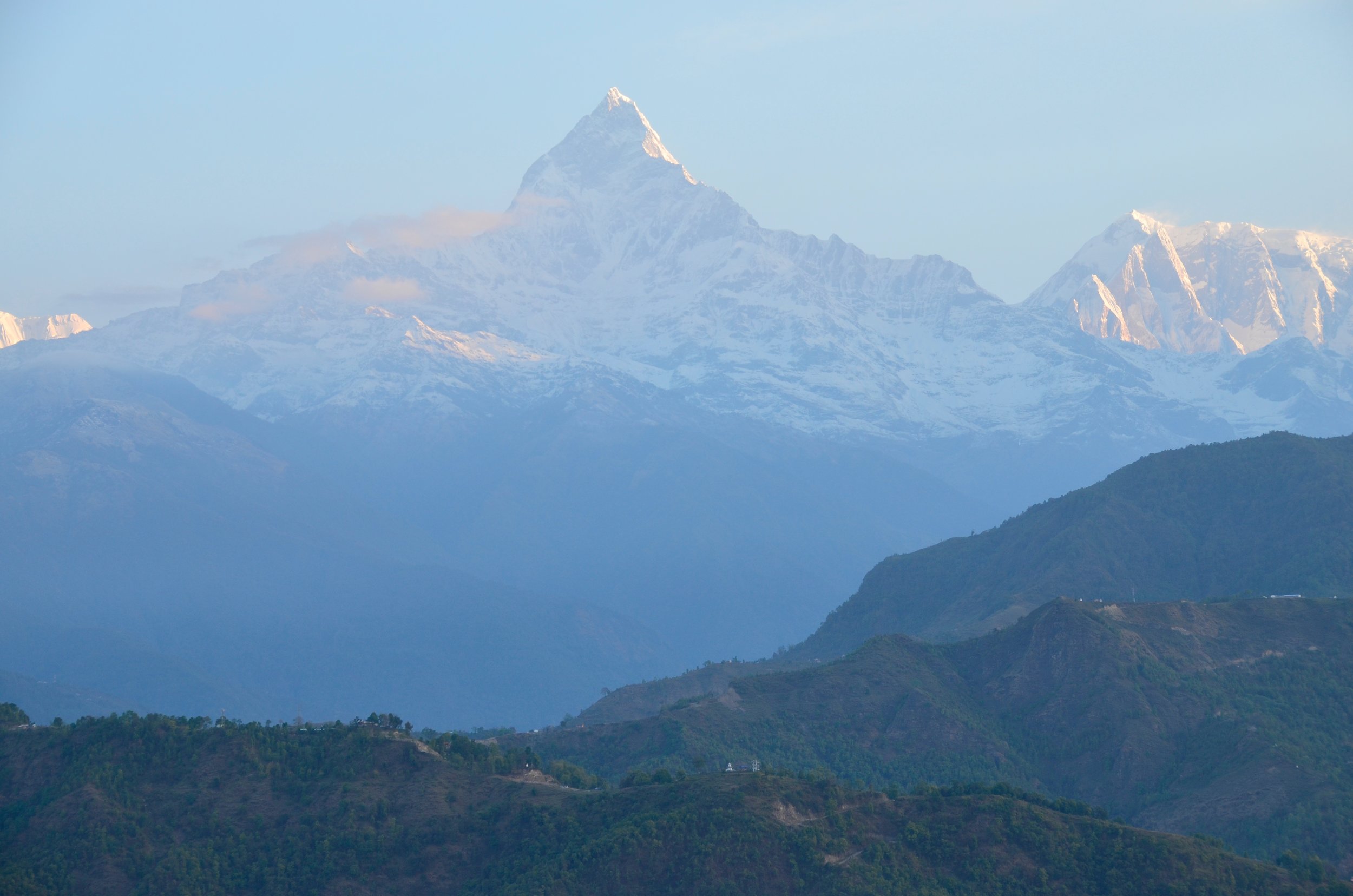

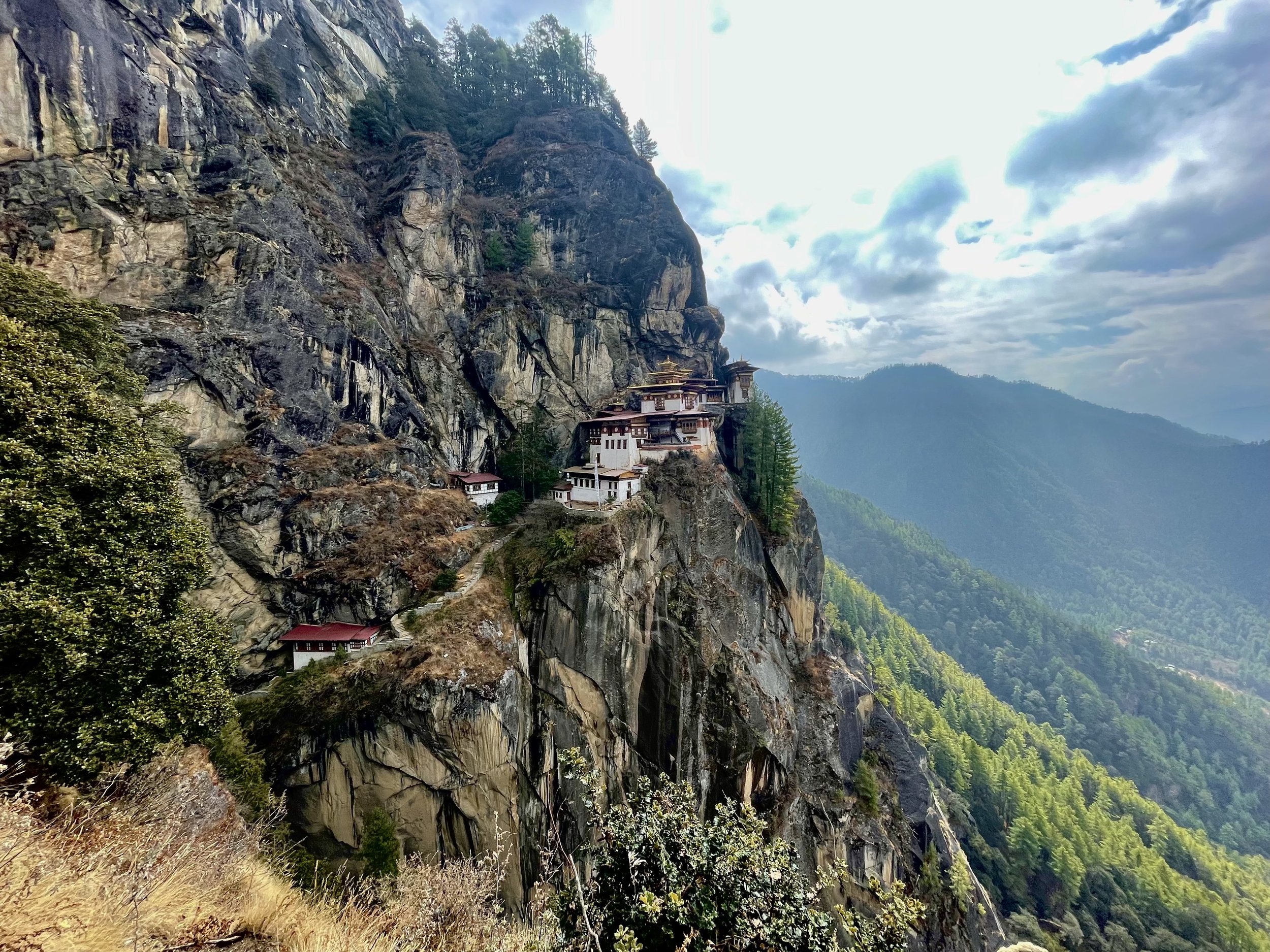


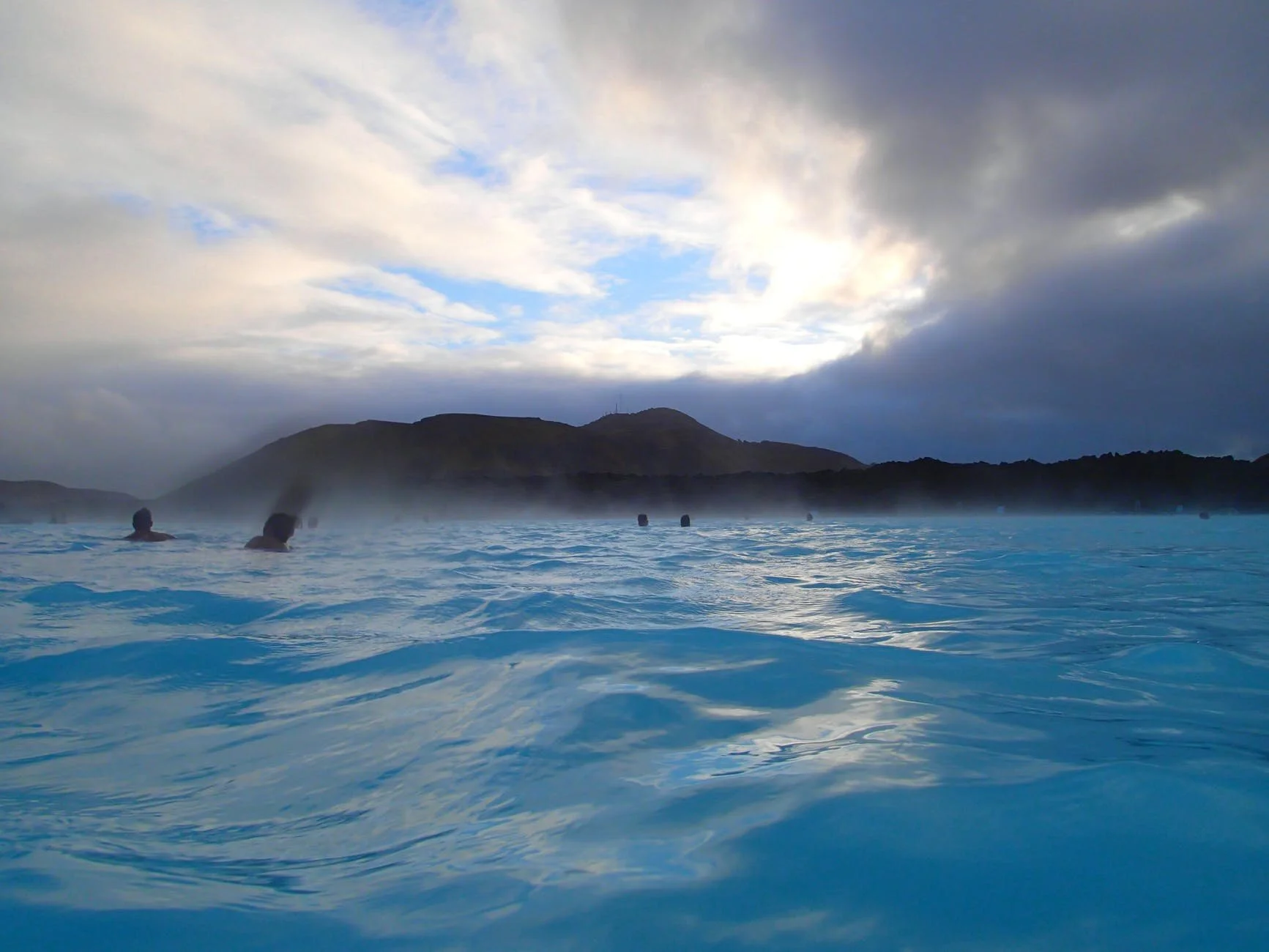
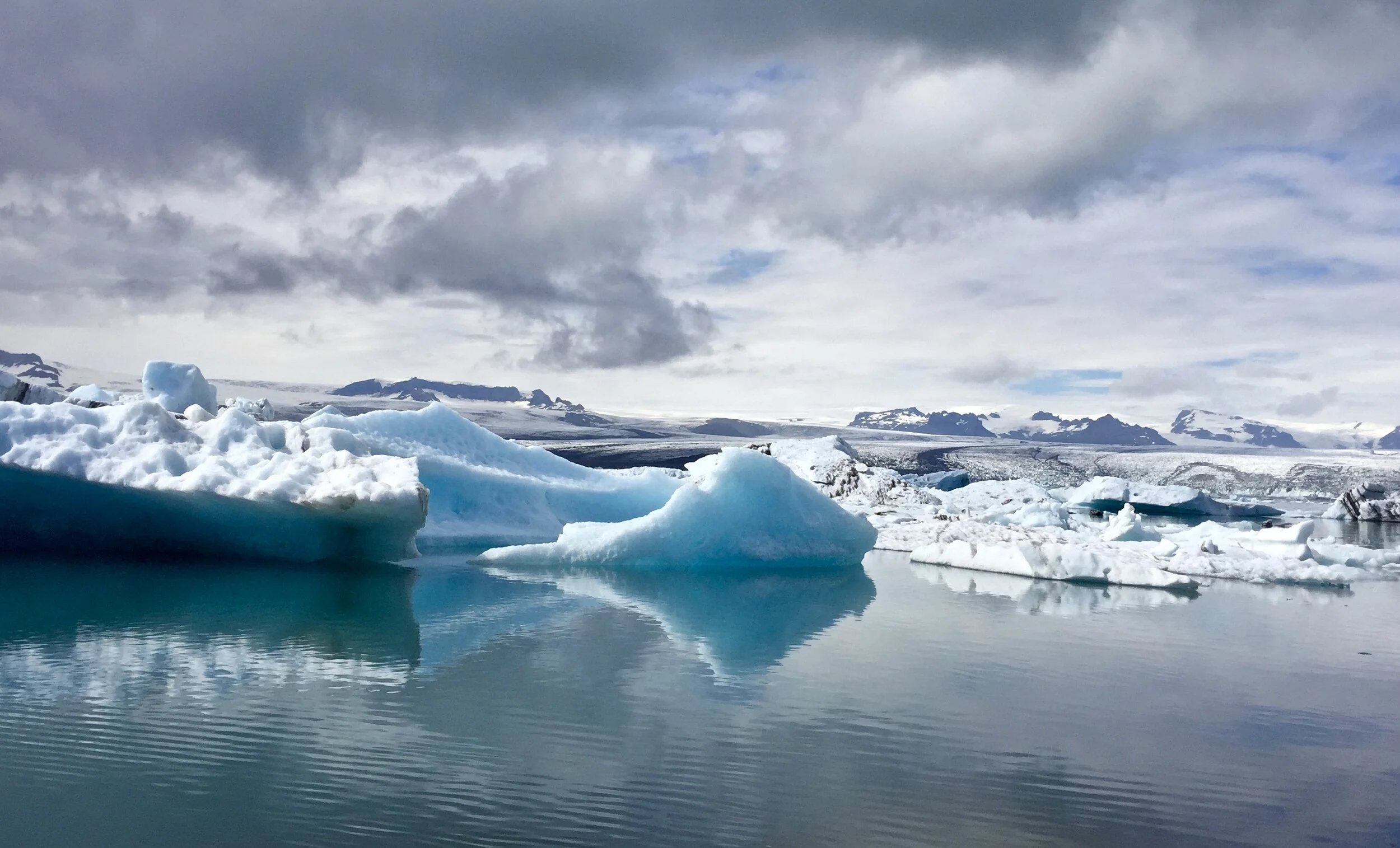




Have you ever dreamt of exploring the stunning landscapes and natural wonders of Iceland? The breathtaking glaciers, powerful waterfalls, and awe-inspiring geysers may be calling your name. However, when you start to research the costs of a trip to Iceland, you may find yourself wondering why it seems so expensive.
5 reasons why Iceland is often more expensive than other places to travel.